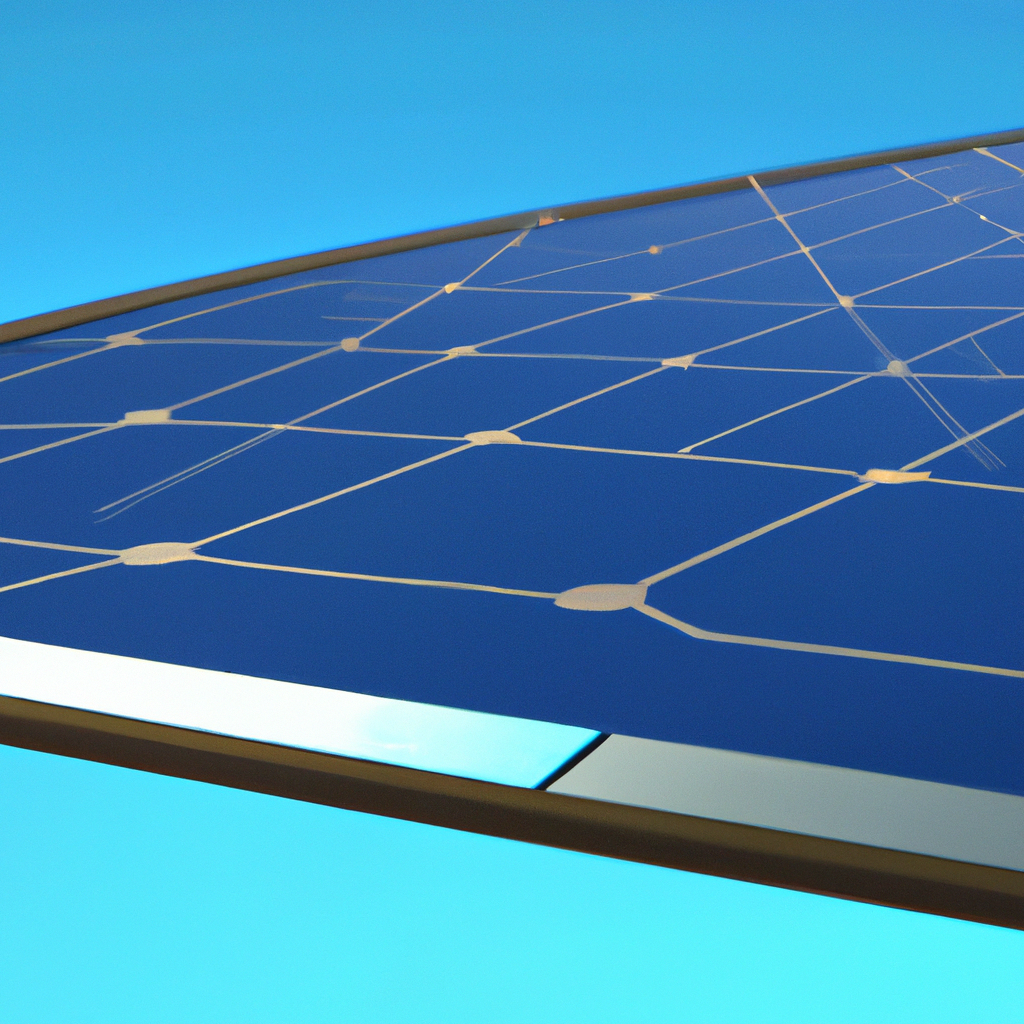Solar energy is one of the most talked-about renewable energies in the world today. It is a clean and sustainable source of energy that can be harnessed using solar panels. But how exactly do solar panels work? In this article, we will discuss the technology behind solar panels, how they generate electricity, and their benefits to the environment.
What is a solar panel?
A solar panel is a device that converts sunlight into electricity. It is made up of a series of photovoltaic cells that are connected together to form a solar panel. Photovoltaic cells are made up of silicon, a semiconductor material that can absorb sunlight and convert it into electricity. When sunlight hits the solar panel, the photovoltaic cells absorb the energy in the form of photons.
How do solar panels work?
Photovoltaic technology is the technology behind solar panels. When sunlight hits the solar panel, the photovoltaic cells absorb the energy in the form of photons. The photons then knock electrons out of their atoms, allowing them to flow through the material to produce electricity. This process is known as the photovoltaic effect.
The photovoltaic cells are connected together to form a solar panel. The solar panel generates direct current (DC) electricity, which is then converted to alternating current (AC) electricity using an inverter. AC electricity is the type of electricity used in homes and offices.
The solar panel also has a charge controller, which regulates the amount of electricity that is sent to the battery. The battery stores the excess electricity generated by the solar panel, which can be used when there is no sunlight. This means that you can still have electricity even when there is no sunlight.
Advantages of solar energy
There are numerous advantages of using solar energy. Here are some of the benefits:
1. Environmentally friendly
Solar energy is a clean and renewable source of energy. It does not release any harmful gases or pollutants into the atmosphere, making it environmentally friendly.
2. Cost-effective
Once you install a solar power system, you will be able to generate your own electricity for free. This means that you will save on your electricity bills in the long run.
3. Low maintenance
Solar panels require little maintenance. Once installed, they can last for up to 25 years with minimal maintenance.
4. Easy to install
Solar panels are easy to install. They can be installed on the roof of your house or on a standalone structure. Installation is a one-time cost, and the system will generate electricity for years to come.
Conclusion
In conclusion, solar panels are an excellent source of renewable energy. They work by converting sunlight into electricity using photovoltaic cells. They are cost-effective, environmentally friendly, and easy to install. With the increasing demand for clean energy, solar energy is definitely the way to go.







